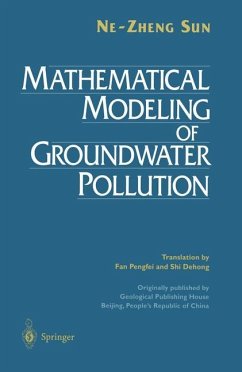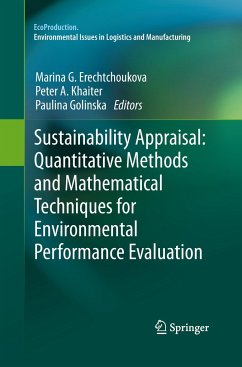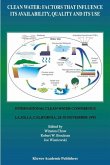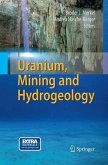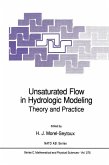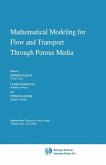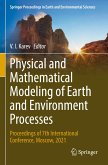Groundwater is one of the most important resources in the world. In many areas, water supplies for industrial, domestic, and agricultural uses are de pendent on groundwater. As an "open" system, groundwater may exchange mass and energy with its neighboring systems (soil, air, and surface water) through adsorption, ion-exchange, infiltration, evaporation, inflow, outflow, and other exchange forms. Consequently, both the quantity and quality of groundwater may vary with environmental changes and human activities. Due to population growth, and industrial and agricultural development, more and more groundwater is extracted, especially in arid areas. If the groundwater management problem is not seriously considered, over extraction may lead to groundwater mining, salt water intrusion, and land subsidence. In fact, the quality of groundwater is gradually deteriorating throughout the world. The problem of groundwater pollution has appeared, not only in developed countries, but also in developing countries. Ground water pollution is a serious environmental problem that may damage human health, destroy the ecosystem, and cause water shortage.
Hinweis: Dieser Artikel kann nur an eine deutsche Lieferadresse ausgeliefert werden.
Hinweis: Dieser Artikel kann nur an eine deutsche Lieferadresse ausgeliefert werden.

